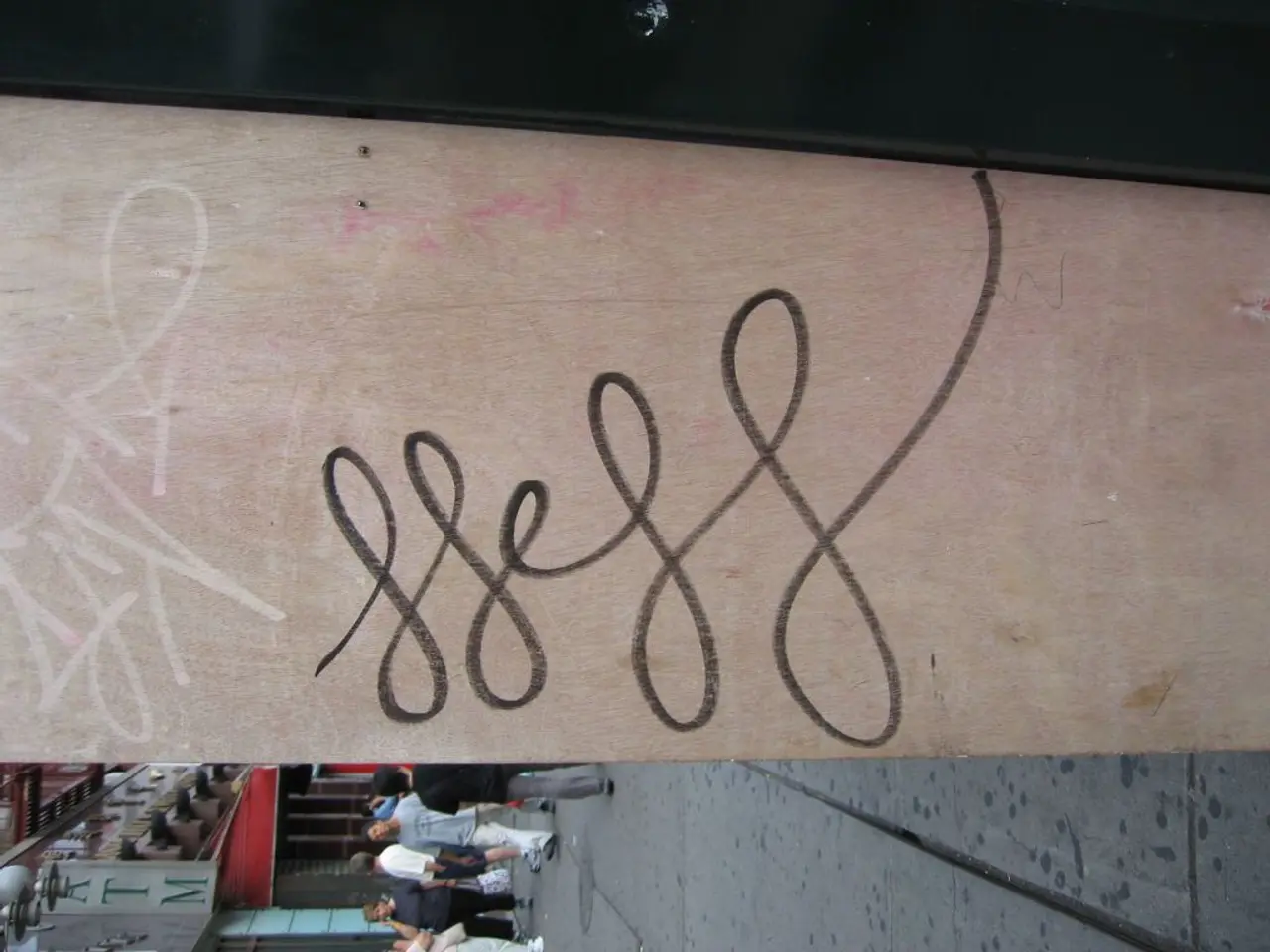Exploring the Hohenzollern holdings: Delving into their historical context and modern-day relevance
The Hohenzollern family, once boasting a fortune that placed them at the top of the list of millionaires in the German Reich, found themselves grappling with significant financial changes following the 1918 political upheavals. The expropriation of their wealth, a consequence of the November Revolution, marked a turning point in their history, effectively ending their reign as Germany's imperial family.
The revolution, which led to the abdication of the German Emperor, Wilhelm II, and the transition from monarchy to the Weimar Republic, saw the Hohenzollerns lose control over their vast properties and political influence. This expropriation meant the family no longer held imperial authority or the economic base that had supported their status as Germany’s royal dynasty.
The loss of their fortune and regal standing marked a profound shift in Germany’s political and social landscape, signifying the end of the imperial era and the aristocracy’s dominant role in governance and society[3]. While the family's name continues to carry historical prestige, their financial situation has been a subject of scrutiny, with questions arising about their current financial stability.
In the present day, Karl Friedrich von Hohenzollern, a key figure in the family, is known to possess luxurious properties in Switzerland and Mallorca, valuable items, and cars. However, maintaining the family's economic structures, including Zollern GmbH and other assets, has been a challenge. Negotiations with the Prussian Finance Ministry over the return of assets are a central issue for the family, as they seek to reclaim a portion of their lost wealth.
The Hohenzollern fortune serves as a striking example of the influence of historical events on the wealth of noble families. Despite adaptations to changing social conditions, the family's wealth still lags behind other large families in Germany whose wealth was not significantly impacted by political upheavals. The Hohenzollern fortune remains a significant topic in discussions about historical expropriations, particularly the princes' expropriation of 1918.
[3] Sources: - The Hohenzollerns: A European Dynasty - The Hohenzollerns: Germany's Imperial Dynasty - The Hohenzollerns and the Weimar Republic
- The Hohenzollern family, once influential figures in German politics and wealth-management, now face challenges in maintaining their financial structures, as negotiations over the return of assets from the Prussian Finance Ministry are a central issue for the family.
- The revolution that led to the fall of the German Empire and the transition to the Weimar Republic not only brought political changes but also significantly affected the wealth-management of the Hohenzollern family, and their current financial situation remains a subject of general news and scrutiny.




